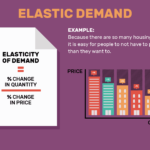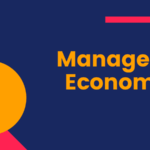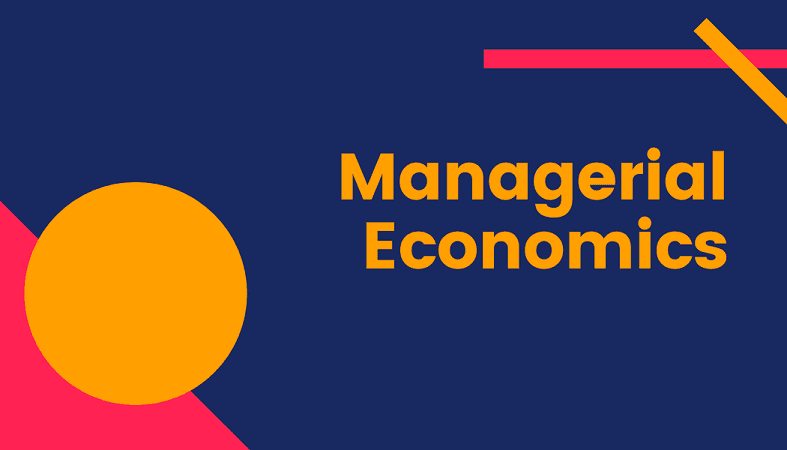Understanding Bachelor of Education (B.Ed): Overview, Curriculum, and Career Opportunities
The Bachelor of Education (B.Ed) is a professional undergraduate degree designed to prepare individuals for a career in teaching. It equips future educators with the necessary skills, knowledge, and practical experience to effectively teach and manage classrooms. This article explores the B.Ed program, its curriculum, and the career opportunities it offers.
What is B.Ed?
The Bachelor of Education (B.Ed) is a two-year program that focuses on pedagogical theories, teaching methodologies, and practical classroom experience. It is intended for individuals who wish to pursue a career in education, whether in primary, secondary, or higher education levels. The program combines theoretical knowledge with practical training to develop competent and skilled teachers.
Curriculum Overview:
The B.Ed curriculum typically includes a mix of theoretical courses, practical training, and project work. While specific courses and structures may vary between institutions, the core areas generally covered are:
- Educational Psychology: This course explores how students learn and develop, including theories of learning, cognitive development, and psychological factors that impact teaching and learning.
- Pedagogy: Pedagogy courses focus on teaching methods and strategies, including lesson planning, instructional techniques, and classroom management. Students learn how to design and deliver effective lessons and create engaging learning environments.
- Educational Philosophy and Sociology: These courses provide insights into the philosophical and sociological aspects of education. They cover topics such as educational theories, the role of education in society, and the impact of social factors on learning.
- Curriculum and Instruction: This area covers the development and implementation of curricula and instructional materials. Students learn to design curricula that meet educational standards and cater to diverse student needs.
- Assessment and Evaluation: Courses in assessment and evaluation teach students how to measure and evaluate student performance. This includes developing assessments, interpreting test results, and using assessment data to improve teaching practices.
- Special Education: Special education courses focus on teaching students with diverse needs, including those with learning disabilities or developmental challenges. Students learn strategies for creating inclusive classrooms and providing individualized support.
- Educational Technology: This course explores the use of technology in education, including digital tools, multimedia resources, and online learning platforms. Students learn how to integrate technology into their teaching to enhance learning outcomes.
- Practical Training: Practical training is a critical component of the B.Ed program. Students gain hands-on experience through teaching internships or student-teaching placements in real classroom settings. This experience allows them to apply theoretical knowledge, develop teaching skills, and receive feedback from experienced educators.
Career Opportunities:
A B.Ed degree opens up a range of career opportunities in the education sector. Some common career paths for B.Ed graduates include:
- Classroom Teacher: B.Ed graduates can work as primary, secondary, or higher education teachers, depending on their specialization. They design and deliver lessons, assess student performance, and manage classroom activities.
- Educational Administrator: With additional qualifications or experience, B.Ed graduates can pursue roles in educational administration, such as school principals, vice-principals, or department heads. They oversee school operations, manage staff, and implement educational policies.
- Curriculum Developer: Curriculum developers design and develop educational materials and curricula. They work with educational institutions or publishing companies to create content that meets learning objectives and standards.
- Special Education Teacher: Special education teachers work with students who have special needs or disabilities. They provide individualized instruction and support to help these students succeed in their educational environment.
- Educational Consultant: Educational consultants provide advice and support to schools, teachers, and educational organizations. They may focus on areas such as curriculum development, teacher training, or educational technology.
- Instructional Coordinator: Instructional coordinators oversee the development and implementation of educational programs and materials. They work with teachers to ensure that instructional practices align with educational standards.
- School Counselor: School counselors support students’ academic, social, and emotional development. They provide guidance on academic choices, career planning, and personal issues.
- Education Policy Analyst: Education policy analysts research and analyze educational policies and practices. They work with government agencies, non-profits, or think tanks to develop and evaluate education policies and programs.
Advantages of Pursuing a B.Ed:
- Professional Preparation: The B.Ed program provides comprehensive training in teaching methodologies, classroom management, and educational theory, preparing students for a successful teaching career.
- Practical Experience: The practical training component of the B.Ed program offers valuable hands-on experience in real classroom settings, helping students build confidence and develop teaching skills.
- Career Opportunities: A B.Ed degree opens up various career paths within the education sector, offering opportunities for growth and specialization in areas such as special education, curriculum development, and educational administration.
- Impact on Students: Teachers play a crucial role in shaping students’ academic and personal development. A B.Ed degree equips graduates with the skills to make a positive impact on students’ lives and contribute to their learning journey.
- Continued Learning: The field of education is dynamic and evolving. B.Ed graduates can pursue further education, such as a Master’s in Education (M.Ed) or specialized certifications, to enhance their skills and advance their careers.
Conclusion:
The Bachelor of Education (B.Ed) is a vital program for those aspiring to become effective and knowledgeable educators. With a curriculum that combines theoretical knowledge with practical experience, the B.Ed program prepares students for a rewarding career in teaching and education. By providing a strong foundation in pedagogical principles and offering diverse career opportunities, the B.Ed degree equips graduates to make a meaningful impact in the field of education.










